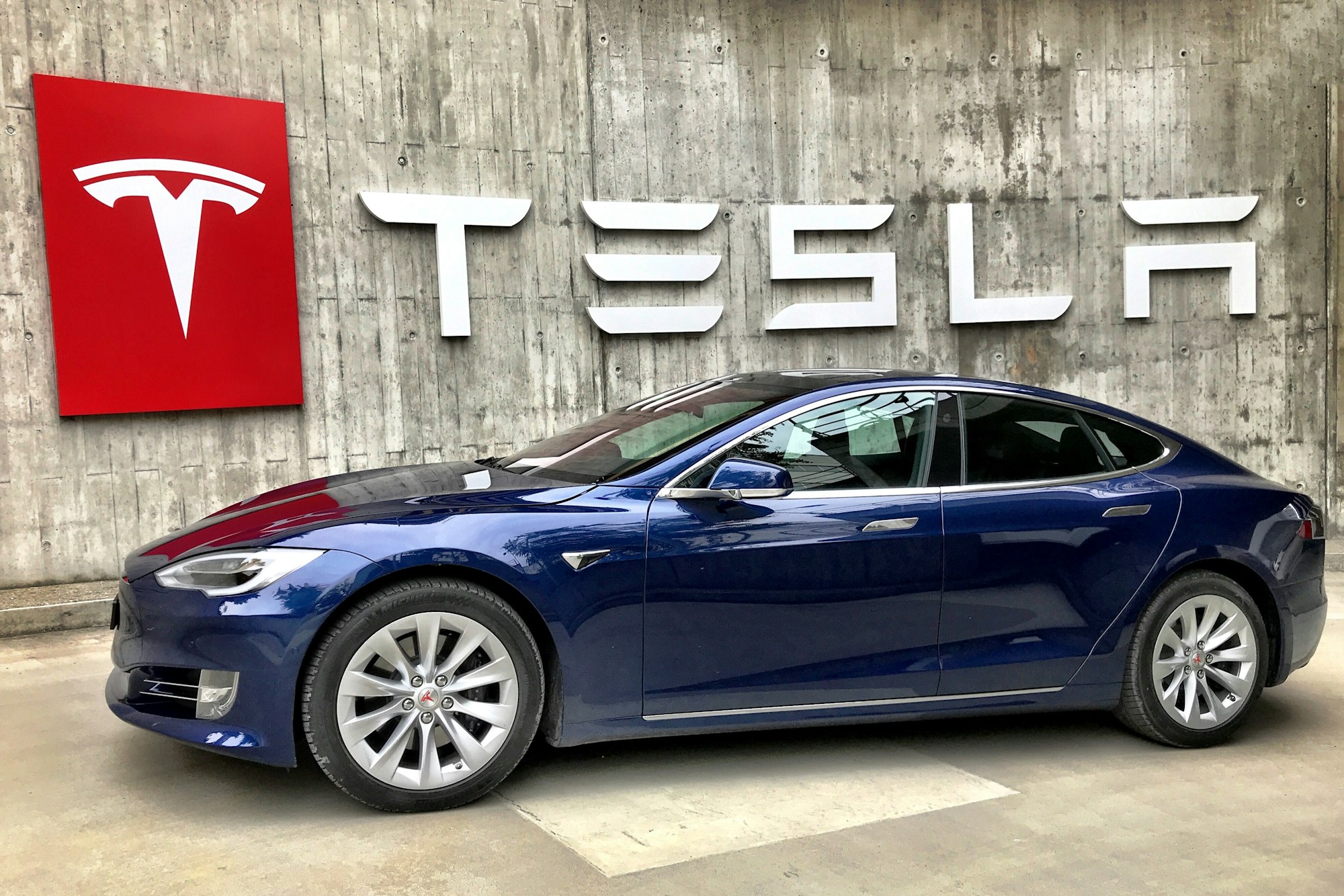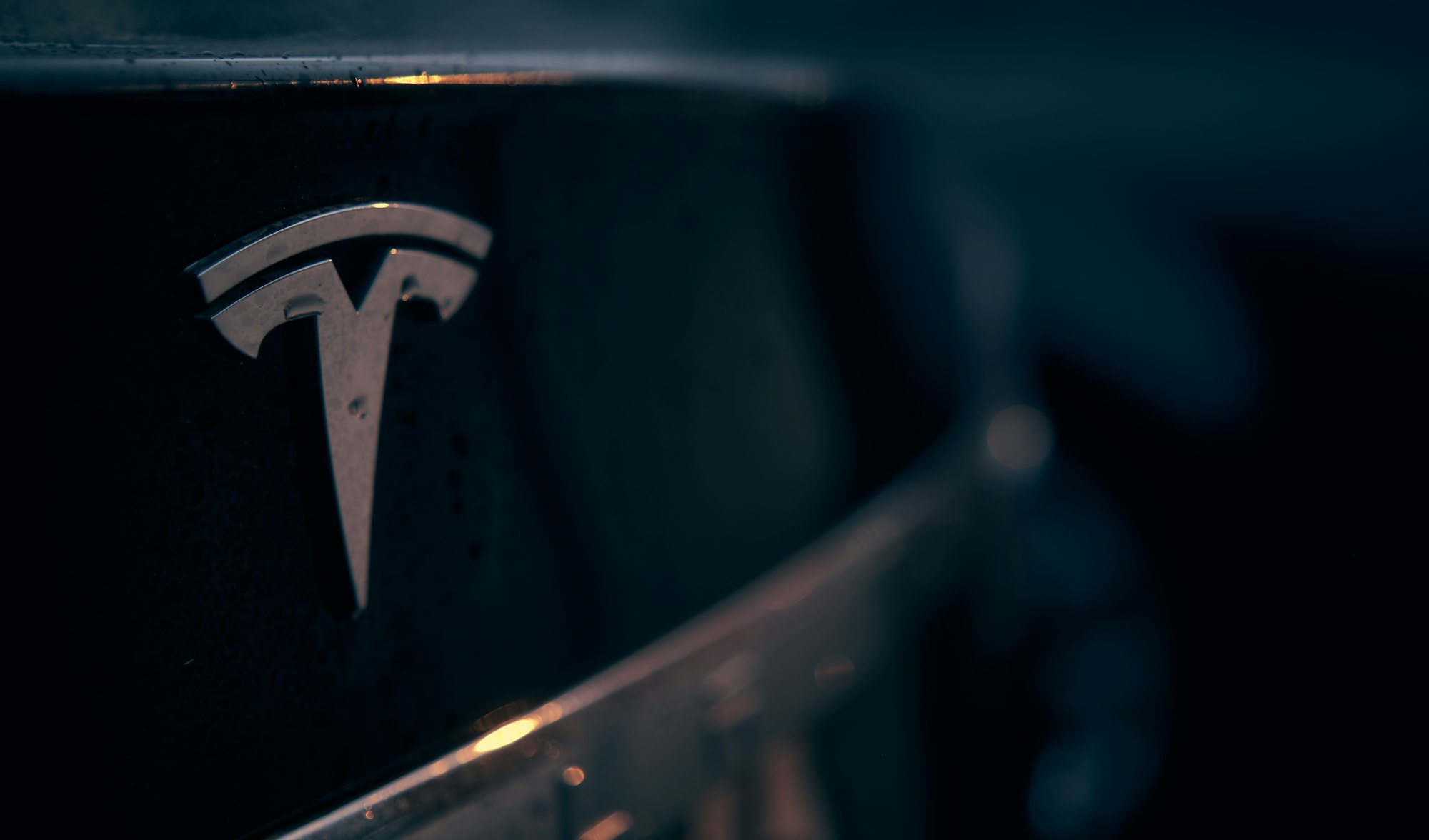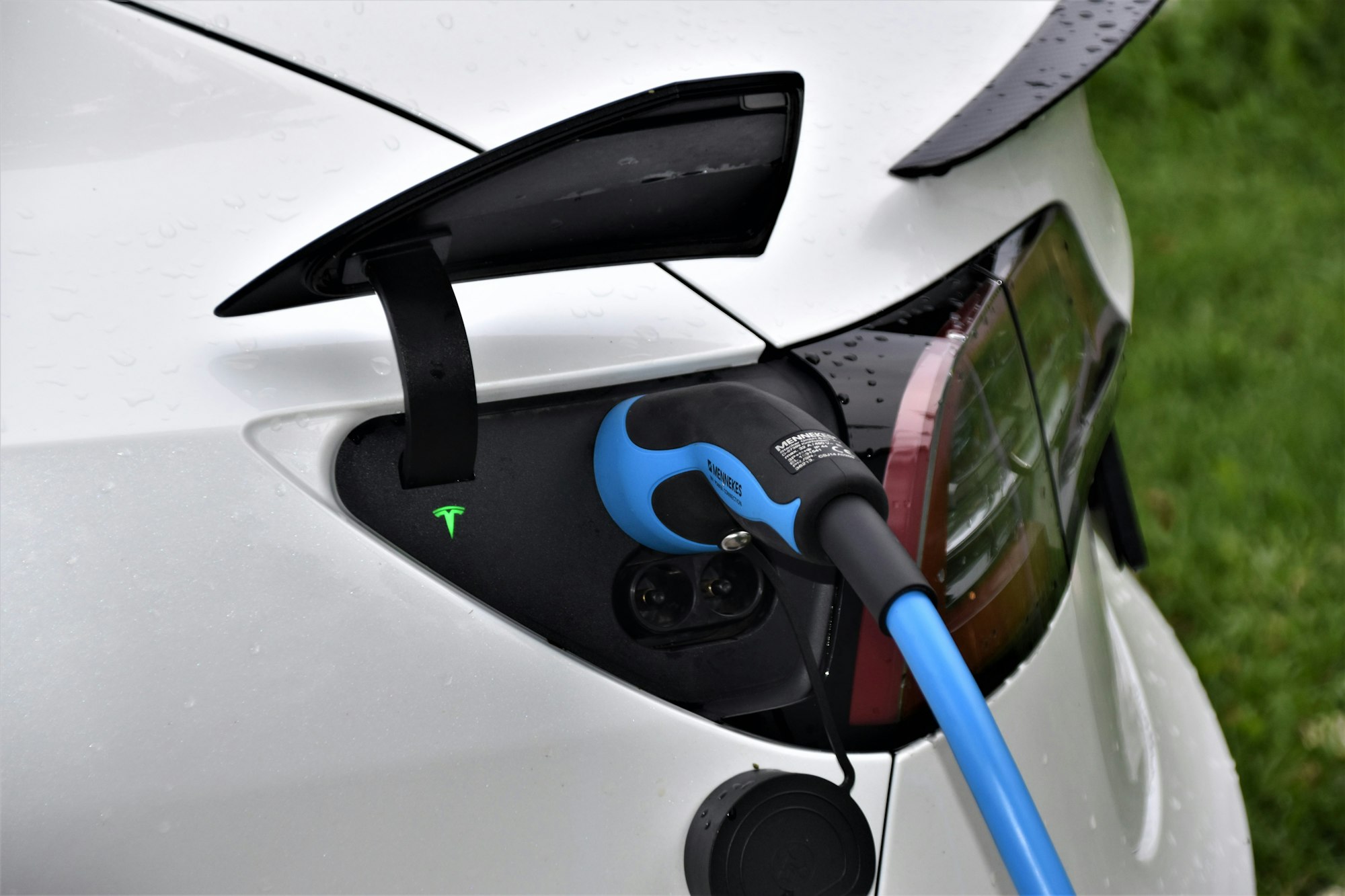Tesla Accused of Anti-Competitive Practices in Class-Action 'Right to Repair' Lawsuits

Tesla, the electric vehicle giant, has been hit with two separate class-action lawsuits over its alleged refusal to allow vehicle owners and independent repair shops access to necessary vehicle diagnostic software and parts. The lawsuits, filed in Massachusetts and Illinois, represent a growing movement among car owners and repair shops seeking to expand their "right to repair."

The "right to repair" movement is based on the idea that car manufacturers are monopolizing access to vehicle data, making it difficult for independent mechanics to fix cars or for car owners to perform their own repairs. The movement seeks to give car owners and independent repair shops access to the same diagnostic information and tools that dealerships have.
Each complaint was filed on behalf of a California resident, and neither lawsuit specified a damages amount. The potential class includes thousands of Tesla owners and lessees, so damages could total millions of dollars.
Tesla's alleged refusal to allow access to diagnostic software and parts is not new. The company has been accused of limiting access to its vehicles' data for years. Tesla has defended its position, arguing that the company's approach to repairs is necessary to ensure the safety and reliability of its vehicles.
However, critics argue that Tesla's approach is anti-competitive and limits consumer choice. The class-action lawsuits allege that Tesla is violating antitrust laws by restricting access to necessary vehicle data and parts. The lawsuits seek to force Tesla to allow car owners and independent repair shops access to the same diagnostic software and parts as the company's authorized repair centers.

The outcome of these lawsuits could have far-reaching implications for the entire automotive industry. If the court sides with the plaintiffs, it could set a precedent for other automakers. It could also lead to a significant shift in the balance of power between car manufacturers and independent repair shops.
The "right to repair" movement has been gaining momentum in recent years, with several states passing legislation to support the cause. In 2020, Massachusetts became the first state to pass a "right to repair" law that requires car manufacturers to provide car owners and independent repair shops with access to the same diagnostic information and tools that dealerships have. Several other states are currently considering similar legislation.

The lawsuits against Tesla are just the latest example of the growing tension between car manufacturers and independent repair shops. As more and more car owners demand the right to repair their vehicles, it is clear that this issue is not going away anytime soon. The outcome of these lawsuits could significantly impact the future of the automotive industry and the "right to repair" movement as a whole.
The lawsuits call for Tesla's repair services and parts monopoly to be "dismantled" and for the company to be ordered to make its repair manuals and diagnostic tools "available to individuals and independent repair shops at a reasonable cost."
The cases are Virginia Lambrix v Tesla Inc, U.S. District Court, Northern District of California, No. 3:23-cv-01145; and Robert Orendian v. Tesla, No. 3:23-cv-01157.
Tesla, the world's most valuable automaker, recorded revenue of $24.32 billion for the fourth quarter. The company delivered 405,278 vehicles in the quarter.


